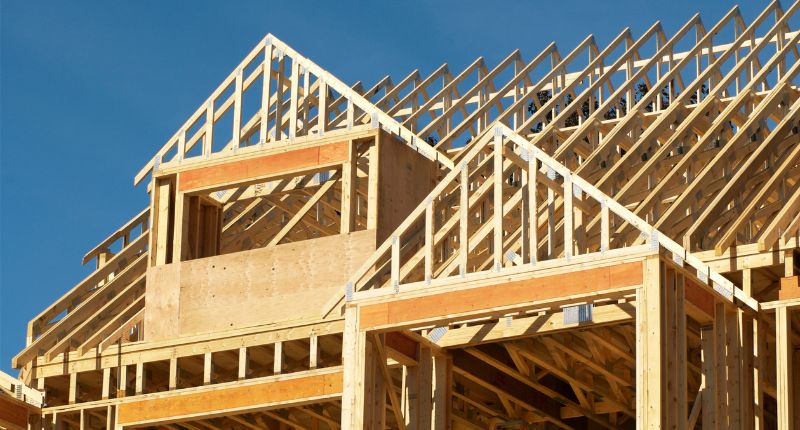- Construction companies are liquidating at an unprecedented rate
- Builders are saddled with rising material costs and labour shortages
- Consumers currently have little protection against their builders going bust
The construction industry is currently amid an insolvency crisis. According to ASIC data, 2023 construction companies have gone bust since mid-2021. The construction collapse has affected both big and small companies. Some of the larger operations that have flatlined include Clough Group, Condev Construction, Dyldam Developments, Snowden Developments, Probuild and ABG Group. More recently, Porter Davis Homes, the 13th largest builder in Australia, folded.
Reasons behind construction companies going bust
Several explanations have been made for why construction companies have been going broke.
Dr Peter Swan, a Professor in the School of Banking and Finance at UNSW Business School, says that the residential construction industry relies mainly on ‘off the plan’ builds, where a fixed price contract is signed together with a deposit.
“Covid lockdowns and hundreds of billions paid to people not to work caused supply shortages, both locally and overseas. Lax fiscal policies and massive printing of money by the RBA led to inflation. The cash rate has been raised from almost zero to over 4 per cent per annum,” Swan says.
“All of these changes have put pressure on builders financially, as has the decline in house prices, which has now levelled out and gone into reverse. Far fewer properties are being listed for sale.”
Recent data reported in the Building Approvals report echo this grim outlook, with total dwelling approvals falling by 8%, private sector houses falling by 3.8%, private sector dwellings (excluding homes) falling by 16.5% and the values of new residential buildings falling by 2.7%.
Additionally, Dr Rob Nicholls, Associate Professor of Regulation and Governance in the School of Management and Governance at UNSW Business School, states that residential home builders assume cash flow risks associated with rising material costs and labour shortages.
This contrasts with their commercial building sector counterparts, where lenders insist that material contracts are fixed or hedged for the project’s duration.
“For a residential builder, increased material costs and longer than usual material delivery times stretch working capital requirements. Some builders cannot deal with this and collapse,” Nicholls says.
Can you do anything if your builder goes belly up?
Dr Swan states that the risk of bankruptcy of home builders is challenging to predict and that there is “very little” one can do in the event of their builder folding besides expensive legal action. Nevertheless, he strongly advises against purchasing homes off the plan as it is “always risky”.
“There are large, reputable builders who have been around for many decades. This offers some protection but far from complete,” Swan says.
Dr Nicholls largely agrees with this sentiment. “Currently, the house buyer is just an unsecured creditor to the builder,” he says.
“This means that they have two problems. Some of their funds will be lost and finding another builder to complete the work is difficult because of increased material costs.”
Nicholls also points out that home warranty insurance under the Home Building Compensation Fund is only claimable five weeks after an insolvency event. Furthermore, the cover is based on the original cost of the build, which has most likely risen due to the events that have caused the builder to liquidate.
Advancing legal protections for new home buyers
Dr Nicholls is researching consumer protection in the construction industry as part of a UNSW Business Insights Institute project with Tip Group, an ASX-listed financial institution focusing on transferring knowledge and wealth between generations.
He points to the contradiction in how customers are protected if their superannuation fund or bank goes bust but not if their homebuilder collapses.
“Our research focus will be to understand how to reduce systemic and systematic risk in residential construction by learning from financial and professional service regulation,” Nicholls says.
The associate professor explains that his research will propose a regulatory framework protecting consumers purchasing new homes against the risks of their home builder going bankrupt.
“There is a need to change the regulatory settings for the residential building industry in order to minimise the insolvency risk for both the builder and the consumer.”
“Unfortunately, previous performance is no guide to future outcomes. Under the current and inadequate protections for both the buyer and the builder, there is always an insolvency risk. This is the motivation for the research at UNSW.”
~~
Disclaimer: This article contains general information and should at no time be considered advice to the reader. The reader should always verify their situation with the relevant certified professionals before taking any further steps. See our Terms of Use.








